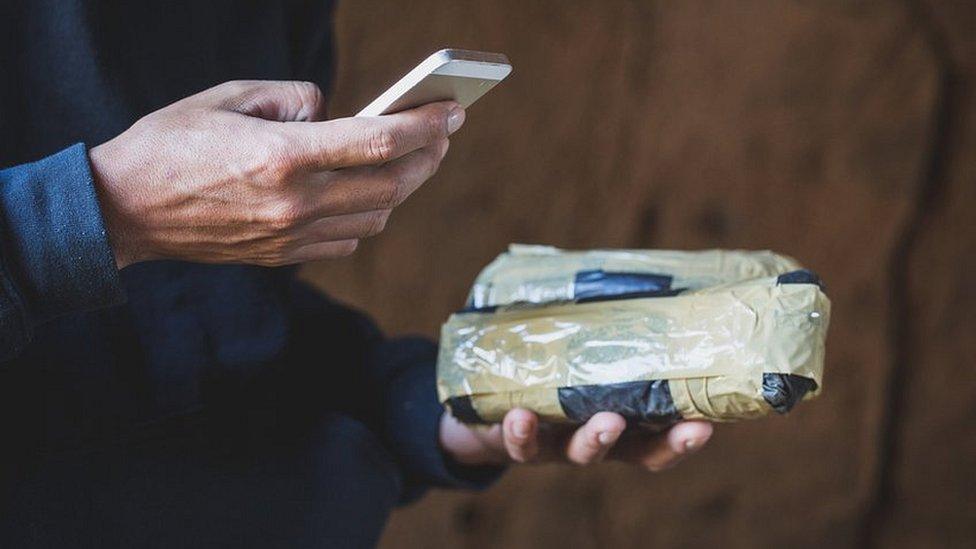Mother of county lines victim calling for greater legal protection
- Published
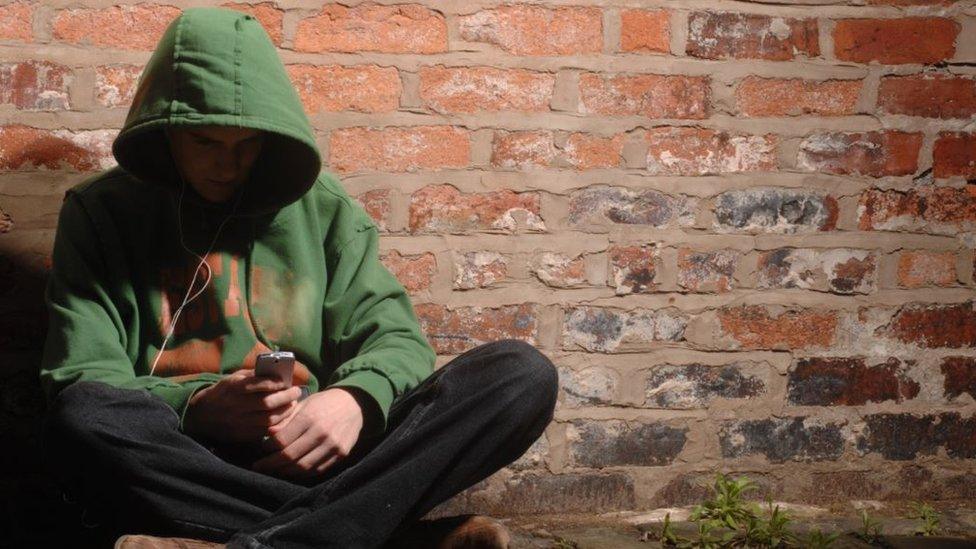
One mother has told the BBC how her son was coerced into selling drugs for a county lines gang
A mother who says her teenage son was coerced into selling drugs is backing calls from a Leeds-based charity for new legislation to better protect victims of county lines drug dealing. BBC Politics North investigates.
She can still picture the fear in her teenage son's eyes as she told him his drugs had been thrown in a skip.
"He was petrified," says Sarah, whose name we have changed. "He went from zero to 10. He started smashing the house up."
Alarm bells began ringing in Sarah's head. It was clear she was losing her boy; the victim, she says, of child exploitation.
Sarah shares the view of the Leeds-based charity Parents Against Child Exploitation (PACE) that new legislation is needed to better protect victims.
"I do not think the police treated my son as a victim," says Sarah, matter-of-factly. "They treated him as a criminal."
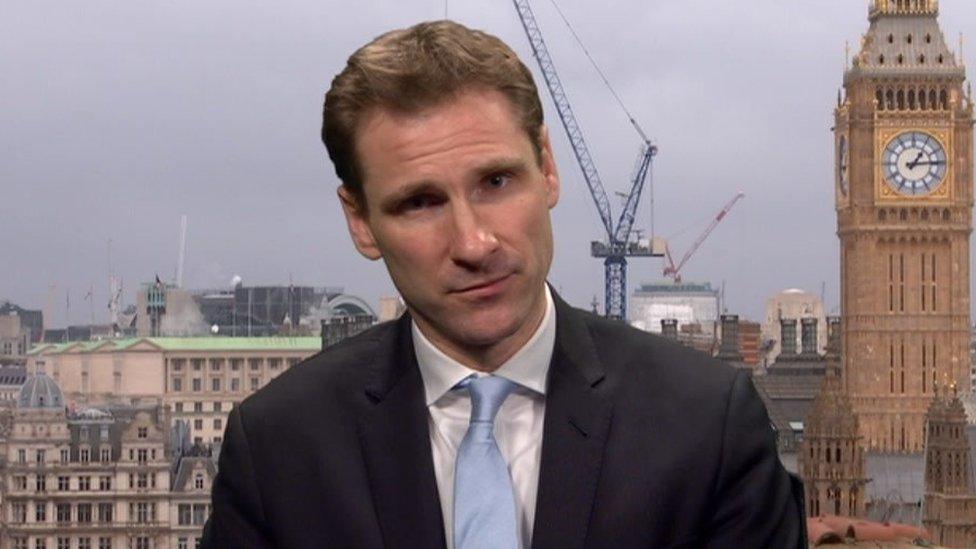
Policing minister Chris Philp insists coerced children are not criminalised
Policing minister Chris Philp tells BBC Politics North each case gets looked at on its individual merits, adding: "If children are being exploited and coerced, the law would not criminalise them in those circumstances."
Sarah says her son and his friends began experimenting with cannabis around the time of the first lockdown in March 2020.
"They were pounced upon by people who saw them and reeled them in," she says.
Prior to this, with GCSE exams looming, her "cheeky chappie" boy had started to "knuckle down" at school.
In a flash, though, his demeanour had changed; becoming argumentative and, at times, violent at home.
Sarah says she soon came to realise her son was both a user and a dealer, selling drugs for people much older than him.
It was not long before her son found himself in trouble with the police.
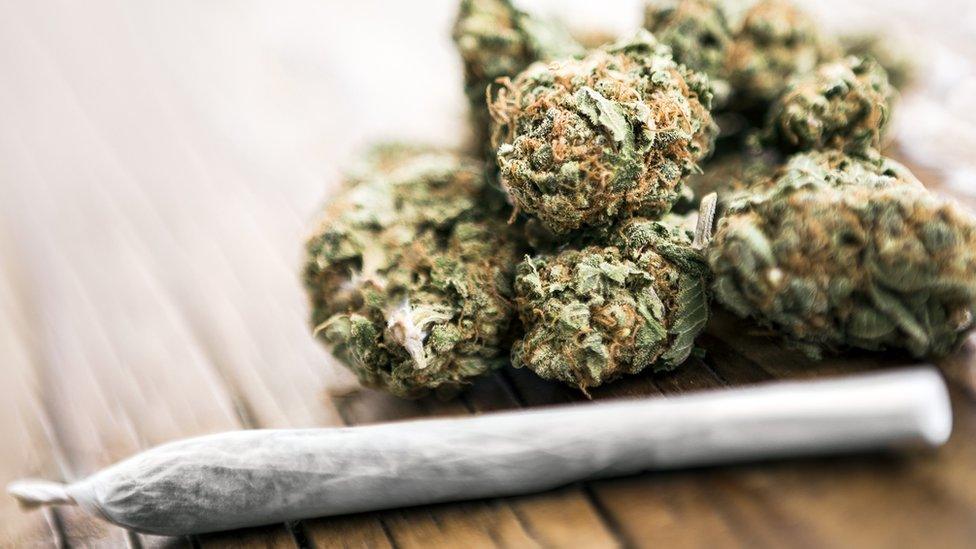
Since 2019, the government's county lines programme has shut down 2,400 lines and made over 8,000 arrests
He was also, on one occasion, badly beaten by the county lines gang he was exploited by.
Sarah says: "He told me, 'This is what you get from owing money'. No mother should see their child's face twice the size it should be."
Desperate, Sarah asked authorities to move her son, hoping he would be placed into a children's home. Instead, she says he was moved into a flat, on his own, in an area frequented by the people who coerced him.
His physical and mental health plummeted. "He was still selling drugs," says Sarah. "He wasn't sleeping. He was smoking huge amounts of weed."
Sarah gambled all, offering an olive branch in return for a commitment to change.
"I told him to stop what he was doing," she says. "If he didn't, I told him to stop calling me."
Sarah wells up.
"I could have potentially lost my son that day," she says.
Her son is, she hopes, now on the path to recovery, though he is facing police investigations.
She thinks a "joined up approach" by police, social services and other agencies is needed, with support for child victims - even if they may have committed serious offences.
Lindsay Dalton, chief executive of PACE, agrees. She says child exploitation "reaches far into families", and believes a fundamental change is needed in the way the crime is firstly recognised and then dealt with.
She says: "There is not a clear legal definition of child exploitation. We need a clear criminal framework that looks superficially at child criminal exploitation, similar to the changes that we saw with the Child Sexual Offences Act in 2003.
"Often, we are trying to fit this offence into other Acts and other kinds of crimes, and it does not always work."
Ms Dalton believes there is "too much confusion", adding there is reliance on people who may not be trained in what to look out for "in terms of the safeguarding response rather than criminalising children."
The National Crime Agency describes young people involved in county lines as "victims of criminal exploitation" and says "adult gang members can be prosecuted under the Modern Slavery Act 2015".
Meanwhile, Sarah has a stark warning for parents.
"Your child may be at risk," she says. "It doesn't matter who you are, where you're from, your race, your colour or your religion. It can happen to anyone."
Sarah's story forms part of a Politics North special being broadcast at 10:00 GMT on Sunday on BBC One.
If you are affected by issues raised in this article, help and support is available via the BBC Action Line.

Follow BBC Yorkshire on Facebook, external, Twitter, external and Instagram, external. Send your story ideas to yorkslincs.news@bbc.co.uk, external.
Related topics
- Published2 December 2022
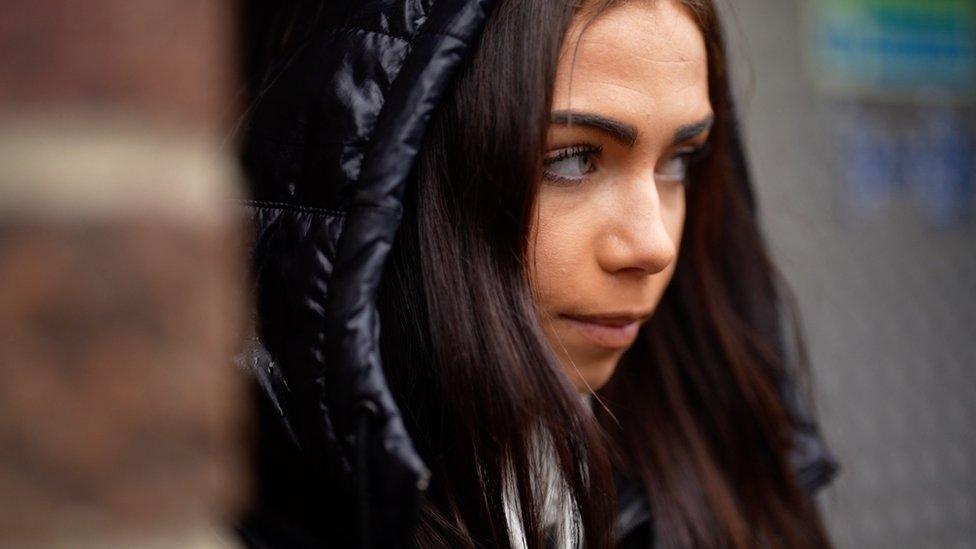
- Published2 November 2022
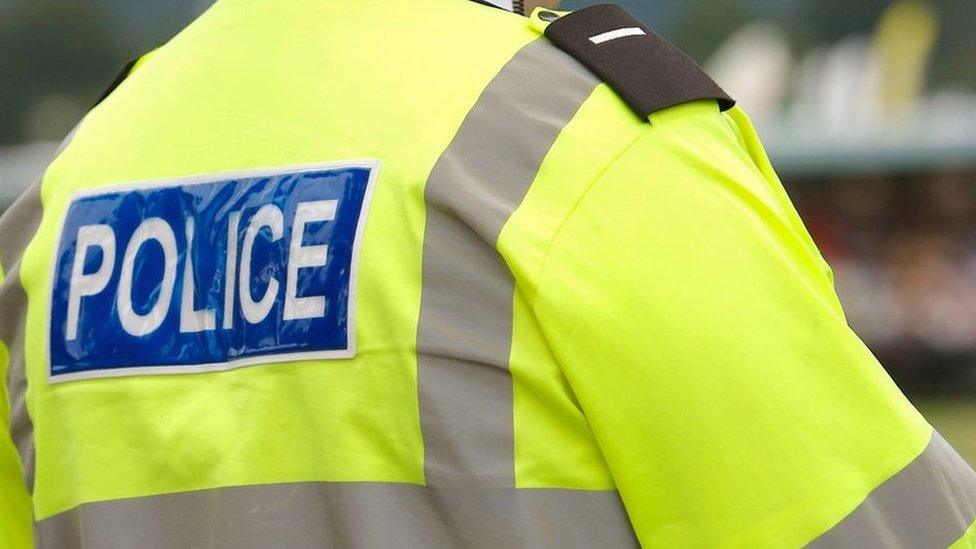
- Published16 August 2022
